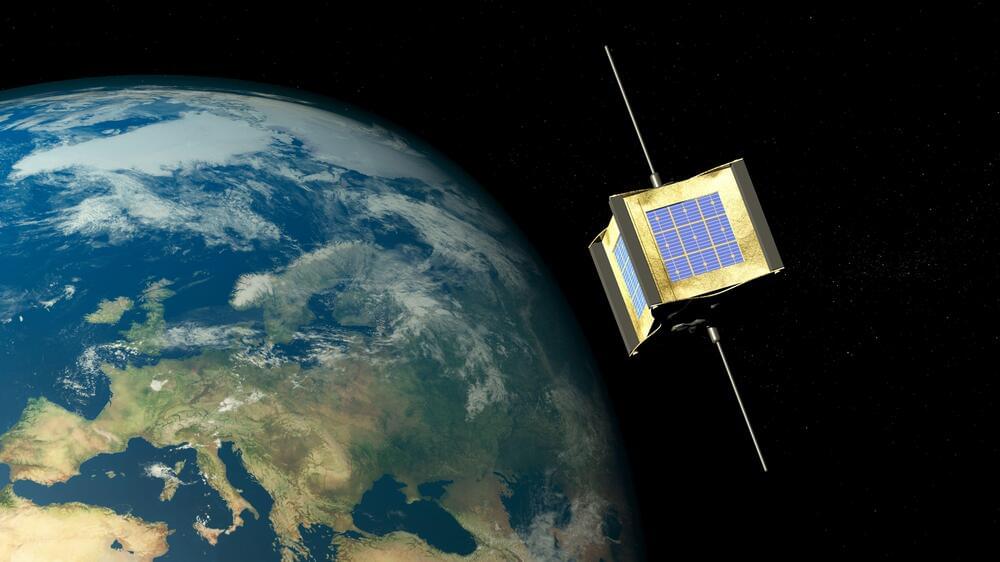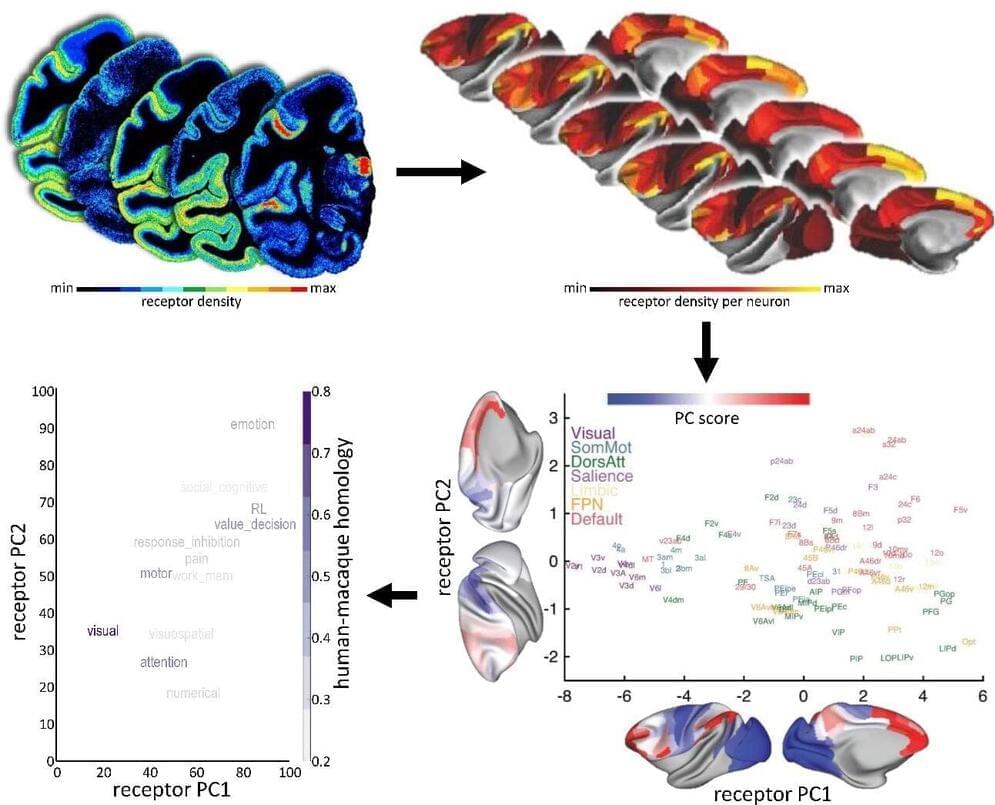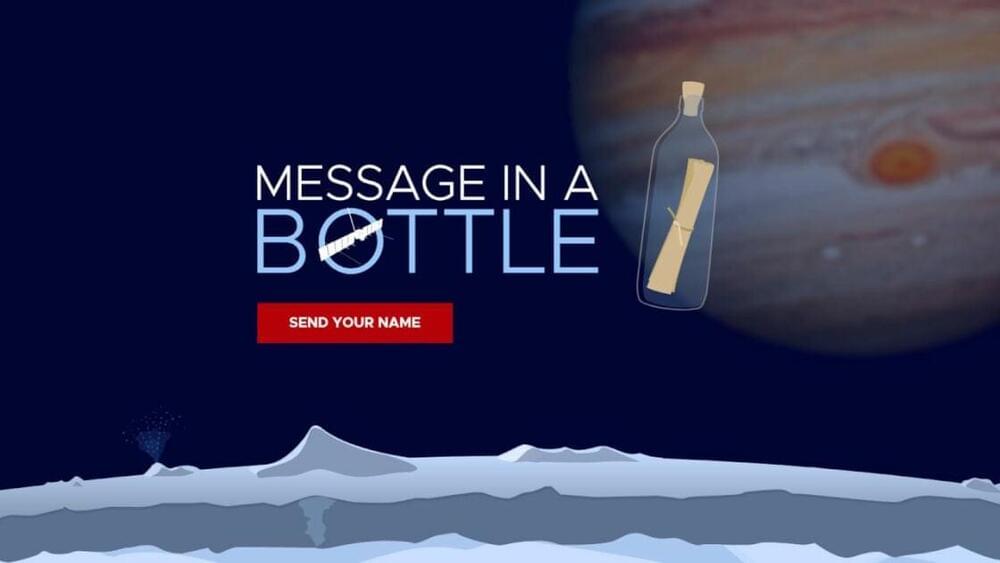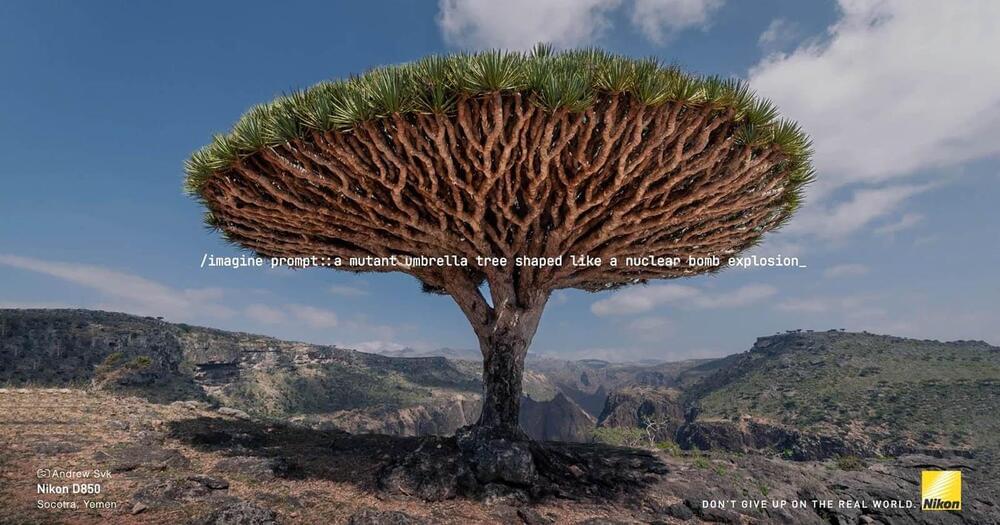
Join us on Wednesday, June 21 at noon Pacific for the DIY Picosatellites Hack Chat with Nathaniel Evry!
Building a satellite and putting it in orbit was until very recently something only a nation had the resources to accomplish, and even then only a select few. Oh sure, there were a few amateur satellites that somehow managed to get built on a shoestring budget and hitch a ride into space, and while their stories are deservedly the stuff of legends, satellite construction took a very long time to be democratized.
Fast forward a half-dozen or so decades, and things have changed dramatically. Satellite launches are still complex affairs — it’s still rocket science, after all — but the advent of the CubeSat format and the increased tempo of launches, both national and commercial, has pushed the barriers to private, low-budget launches way, way down. So much so, in fact, that the phrase “space startup” is no longer something to snicker about.


















